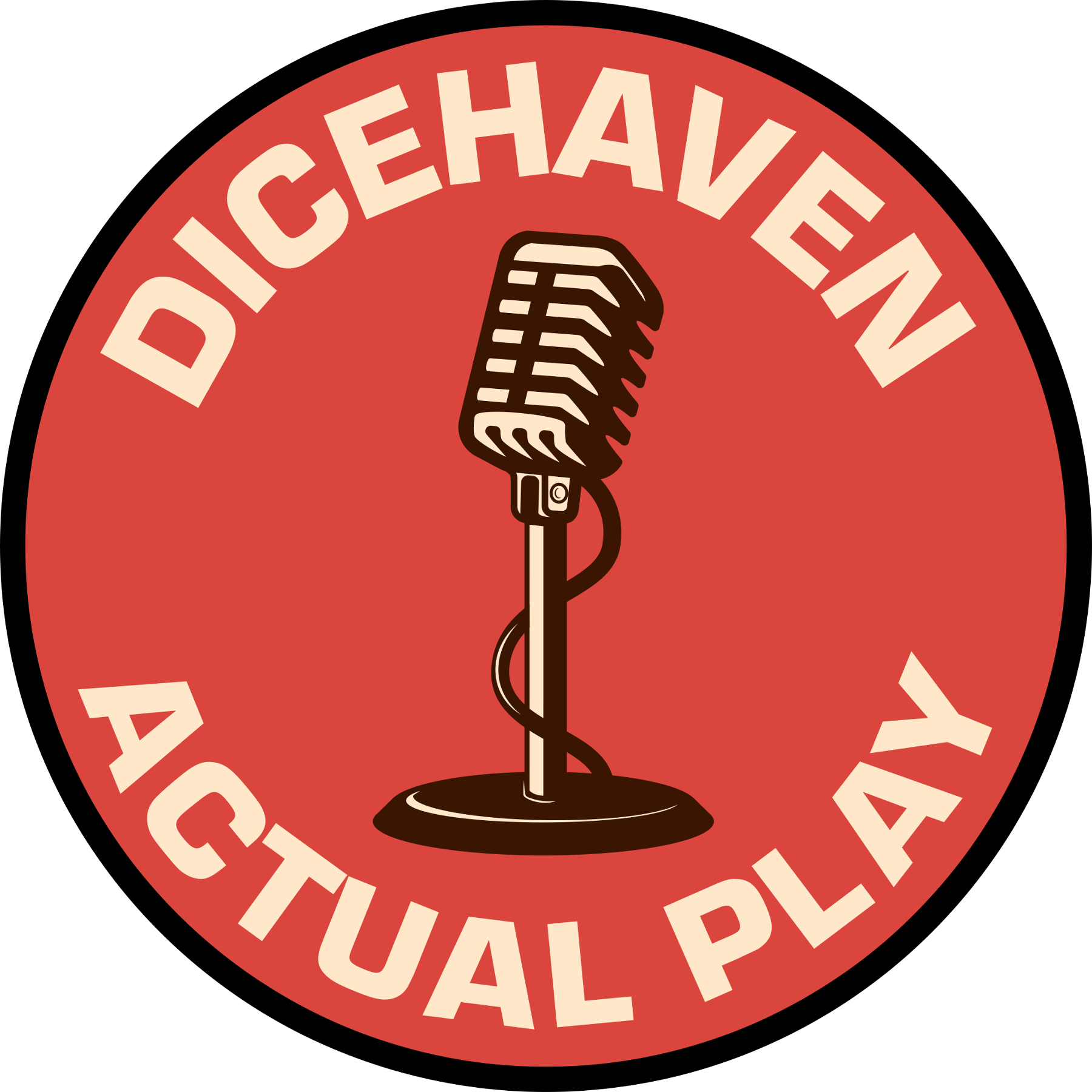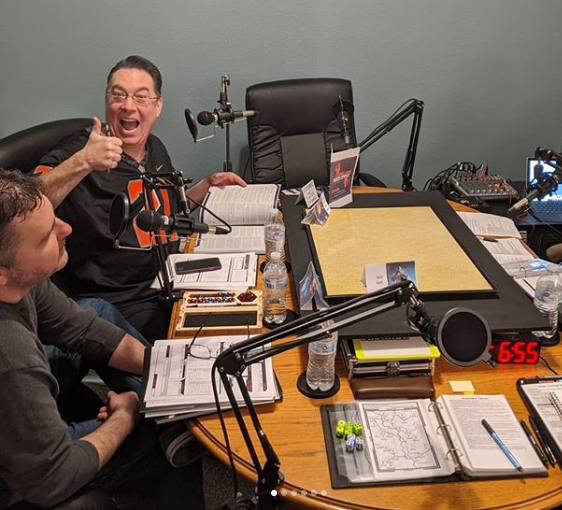 This panel explored humor’s role in healing emotional wounds and the presence of comedy in all story genres. Mark Buechsel of Baylor University chaired the session. Panel participants were:
This panel explored humor’s role in healing emotional wounds and the presence of comedy in all story genres. Mark Buechsel of Baylor University chaired the session. Panel participants were:
- Carol Morrison, Psychotherapist.
- Thom Lemmons, Director of Abilene Christian University Press and author of 11 books.
- Dudley Delffs, Senior Editor WaterBrook Press and author.
From left: Thom Lemmons, Carol Morrison, Dudley Delffs
Some take-away points from this session:
Defensive vs. Spontaneous Humor
The panel drew the line between defensive and spontaneous humor. Spontaneous humor erupts with a spirit of joy. People use defensive humor as a shield to hide behind. Understanding the psychology of comedy and the many ways in which people use humor is critical to good story telling.
Good Novels have Comic Relief
The typical novel traces the arc of a character, driving the protagonist to a low point, then allowing the hero to fight against the odds to win in the end. In driving the character to the low point and then letting them fight their way to the high point in the end, you can’t have continuous rising action. The novel should be a roller coaster which takes you though a gut wrenching turn, but then gives you a breather. Comedy and comic relief do this.
On Dealing with Authors
Dudley Delffs has a graduate degree in counseling. He says:
I learned just enough to deal with my authors.
(laughter)
The Healing Power of Writing
There was discussion on the healing power of writing. Writing moves the pain. It moves from inside our heads to out on paper where we can look at it, analyze it, maybe move the pieces around and try to understand it. Journaling can be a powerful tool to get your feelings out.

Main Conference Floor
Learn to Laugh At Yourself
Finally, the panel made the point that if you can’t laugh at yourself you can’t be a good writer.



Recent Comments